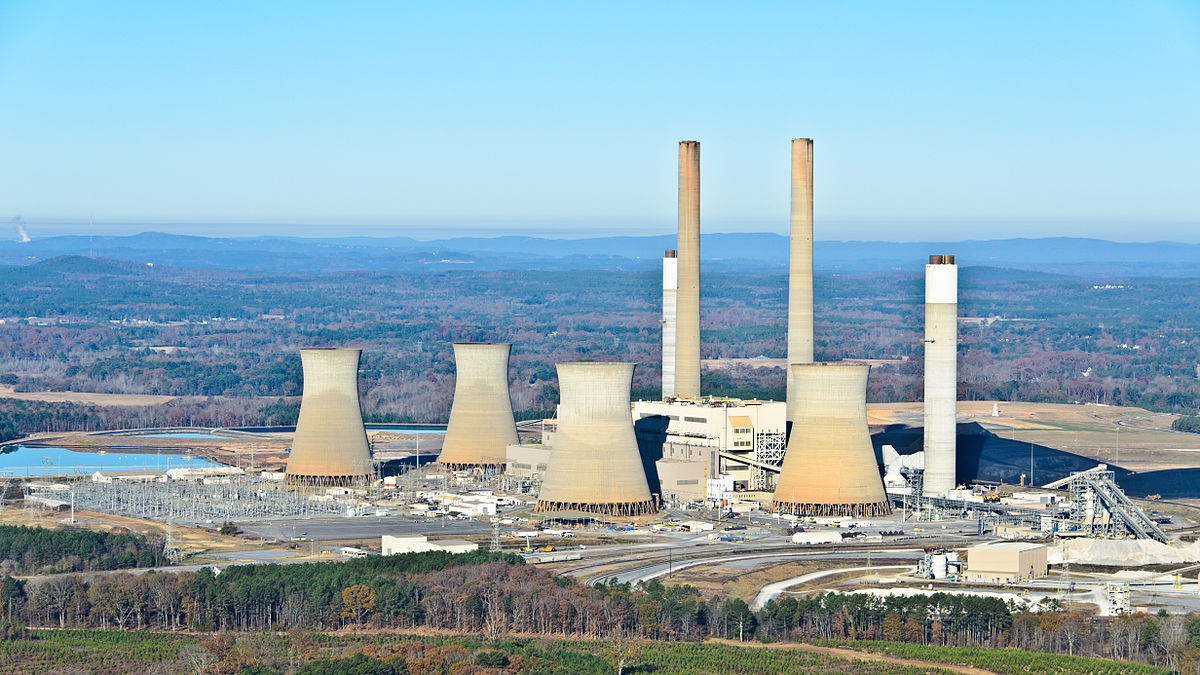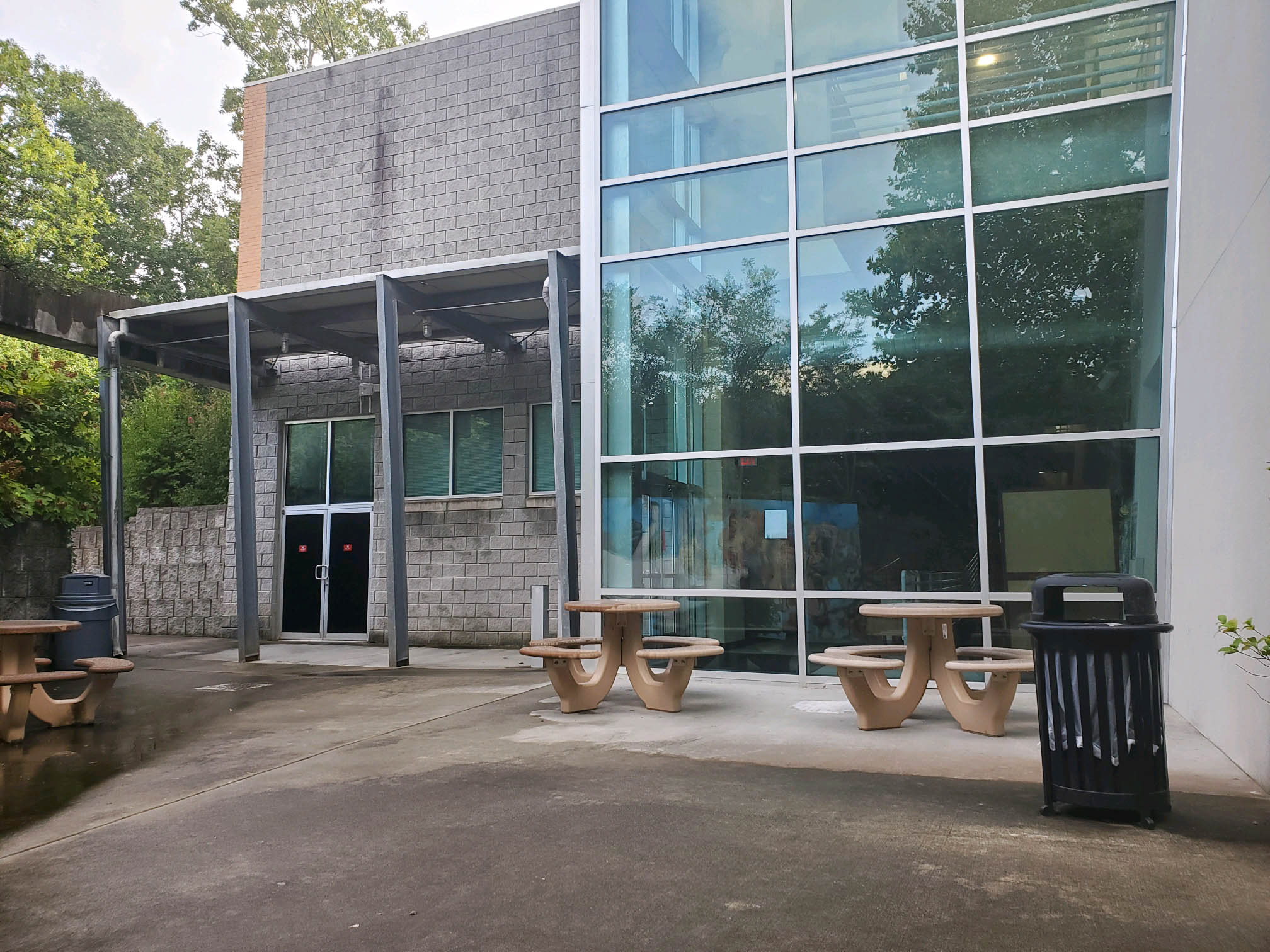Cobb County Public Service Commissioner Tricia Pridemore spoke about nuclear and coal plants in Georgia to Kennesaw State students Thursday, Nov. 14, on the Marietta campus.
KSU’s Association of Energy Engineers Student Chapter invited Pridemore to speak at its event, titled “Cobb County’s Energy Generation Fleet and Economic Development.”
“Nuclear [plants] through multiple generations have been very controversial. I think it’s getting less and less controversial,” Pridemore said. “You have people such as Bill Gates and others who have really come out and spoken about the favorability of nuclear — how it is so clean — it is completely carbon-free. As [the Georgia Public Service Commission] looks at managing global climate trends, nuclear is a great way for us to do that. It’s just very expensive to build and it takes a long time.”
Pridemore said that baseload power is needed to fuel electricity output in Georgia. Nuclear and coal plants would act as those baseload powers, she said.
Baseload power sources are power plants that operate to meet the minimum requirements of the demand for power, according to Pennsylvania State University. The baseload plants are normally very large and are essential to creating an efficient electric grid.
Pridemore said that 17 percent of all of Georgia’s electricity is currently powered by nuclear energy. She said that with the completion of two more nuclear reactors at the Alvin W. Vogtle Electric Generating Plant in Burke County, 24 percent of Georgia electricity will be powered by nuclear energy.
Pridemore explained that multiple companies besides the Georgia Power Company oversee the nuclear projects in Georgia.
“Georgia Power takes a lot of heat over Plant Vogtle, but there are four partners there — it’s Georgia Power, it’s Oglethorpe Power, the municipal companies … and Dalton Utilities,” Pridemore said.
The controversy that Pridemore refers to is that customers living near the soon-to-be Plant Vogtle are seeing their electric bills rise last year, according to the AJC.
Pridemore said that the state still burns coal, like most states across the U.S. do.
“Coal has for generations been the means by which we have powered Georgia as a pro-business state,” Pridemore said. “Plant Bowen — it’s in Bartow County — is the largest coal facility in Georgia. There are four operating reactors there, and we have two operating reactors that are completely clean-coal compliant.”
By “clean-coal compliant,” Pridemore means that the owners of the plant try to burn the cleanest coal possible. She said Plant Bowen uses Illinois Basin coal, which is the “cleanest coal that money can buy.”
Pridemore said that another aspect of energy the GPSC wants to bring to Georgia is the expansion of fracking. She said that the prices of natural gas are outstandingly low.
“The fracking revolution in our nation has completely changed the natural gas footprint,” Pridemore said. “Our challenge is just getting it here and making sure that we can get it.”
Pridemore is a KSU graduate and was appointed to her position by former Governor Nathan Deal in Feb. 21, 2018, before winning the general election later that year to begin serving her first full term. Before her position with GPSC, Pridemore served on Deal’s gubernatorial transition team following the 2010 election and co-chaired both of his inaugural committees.



